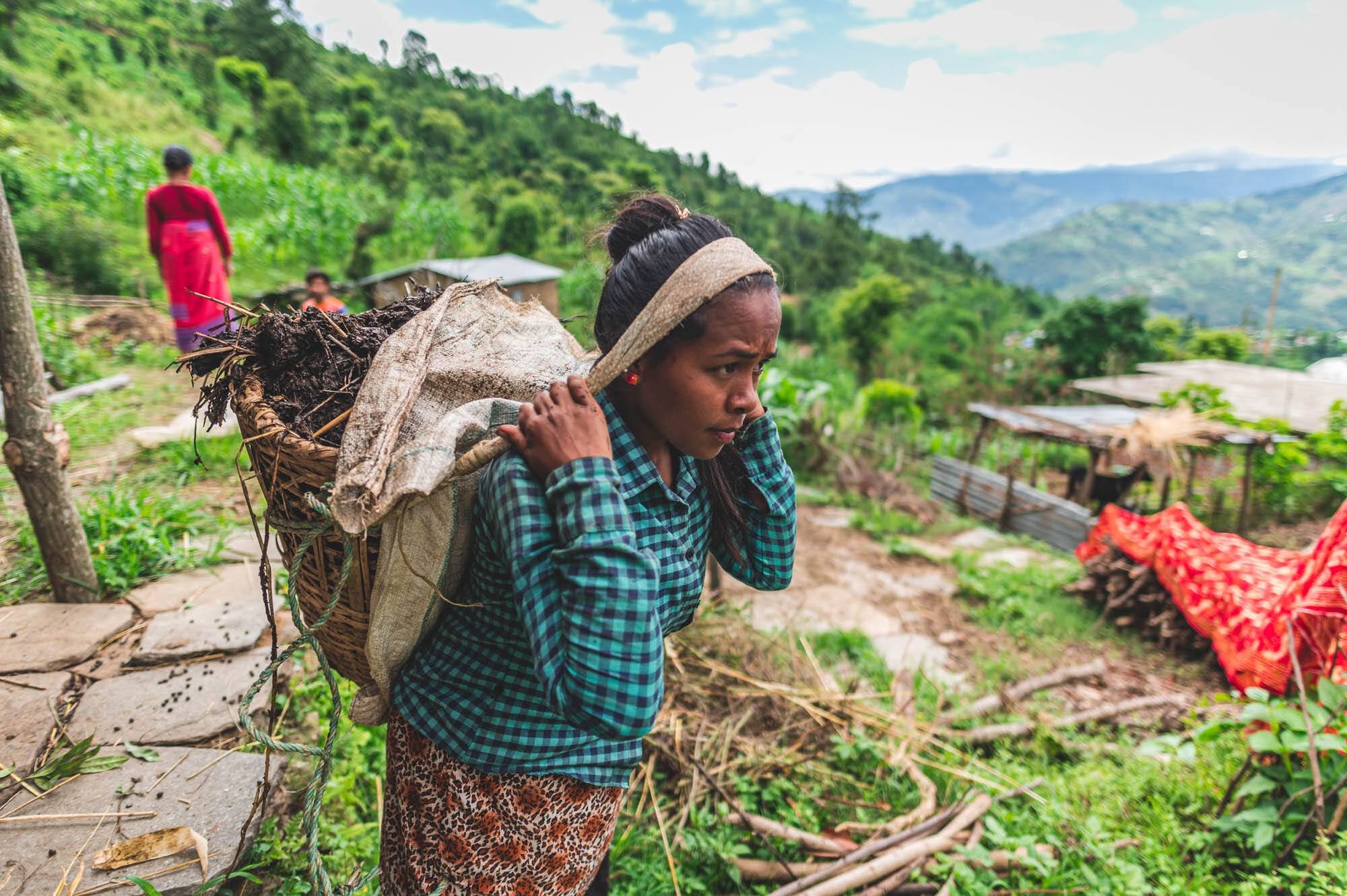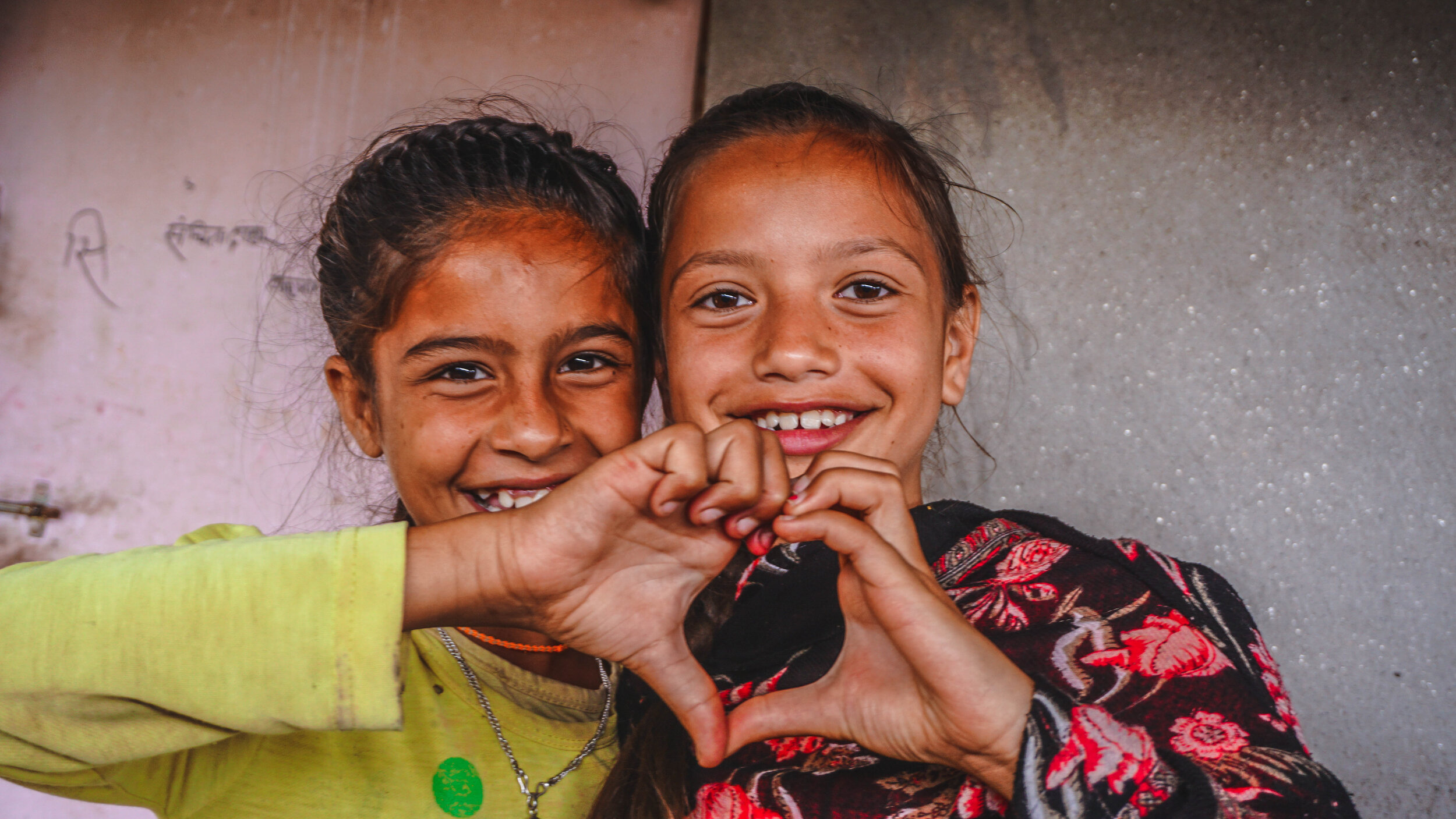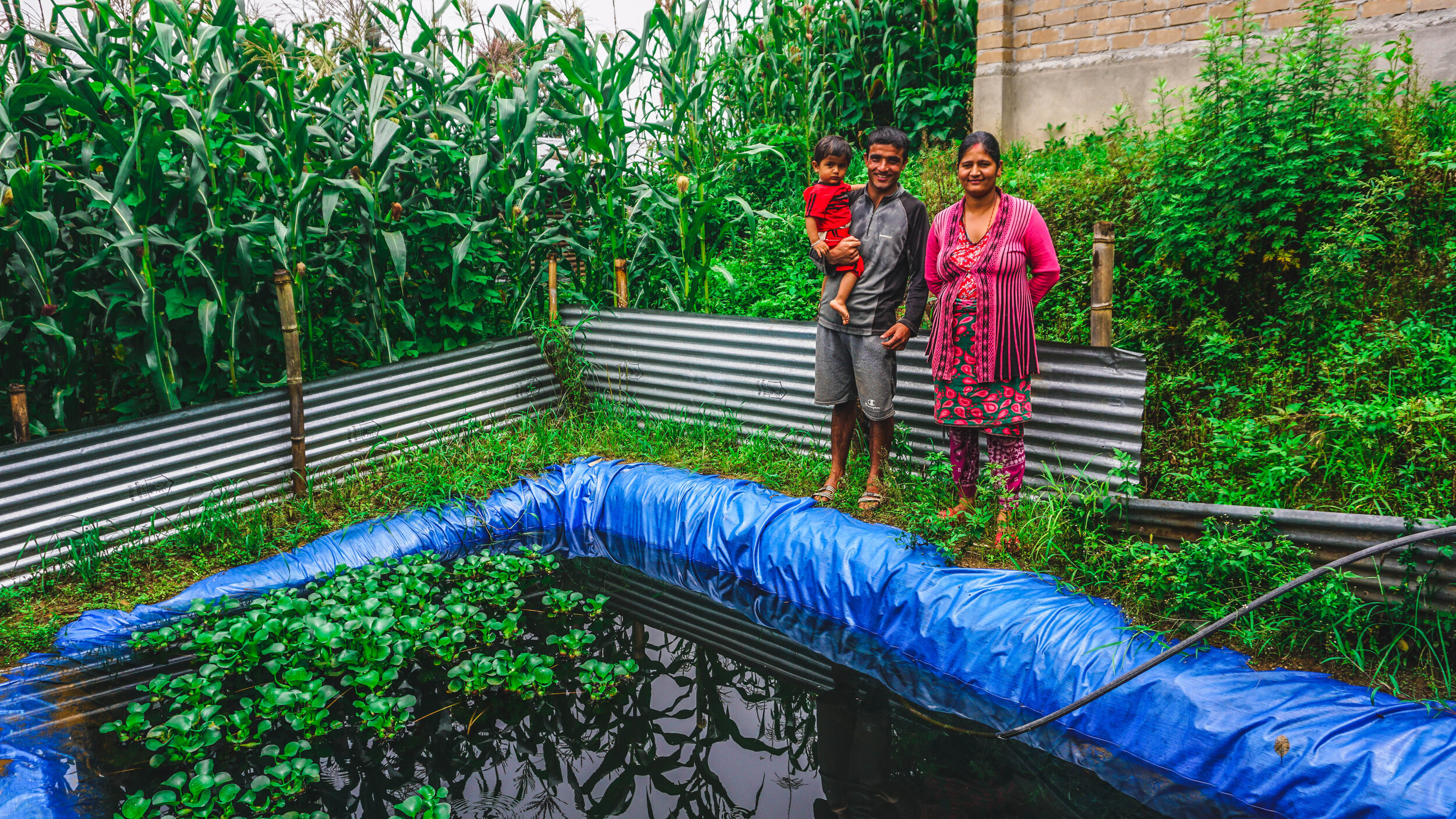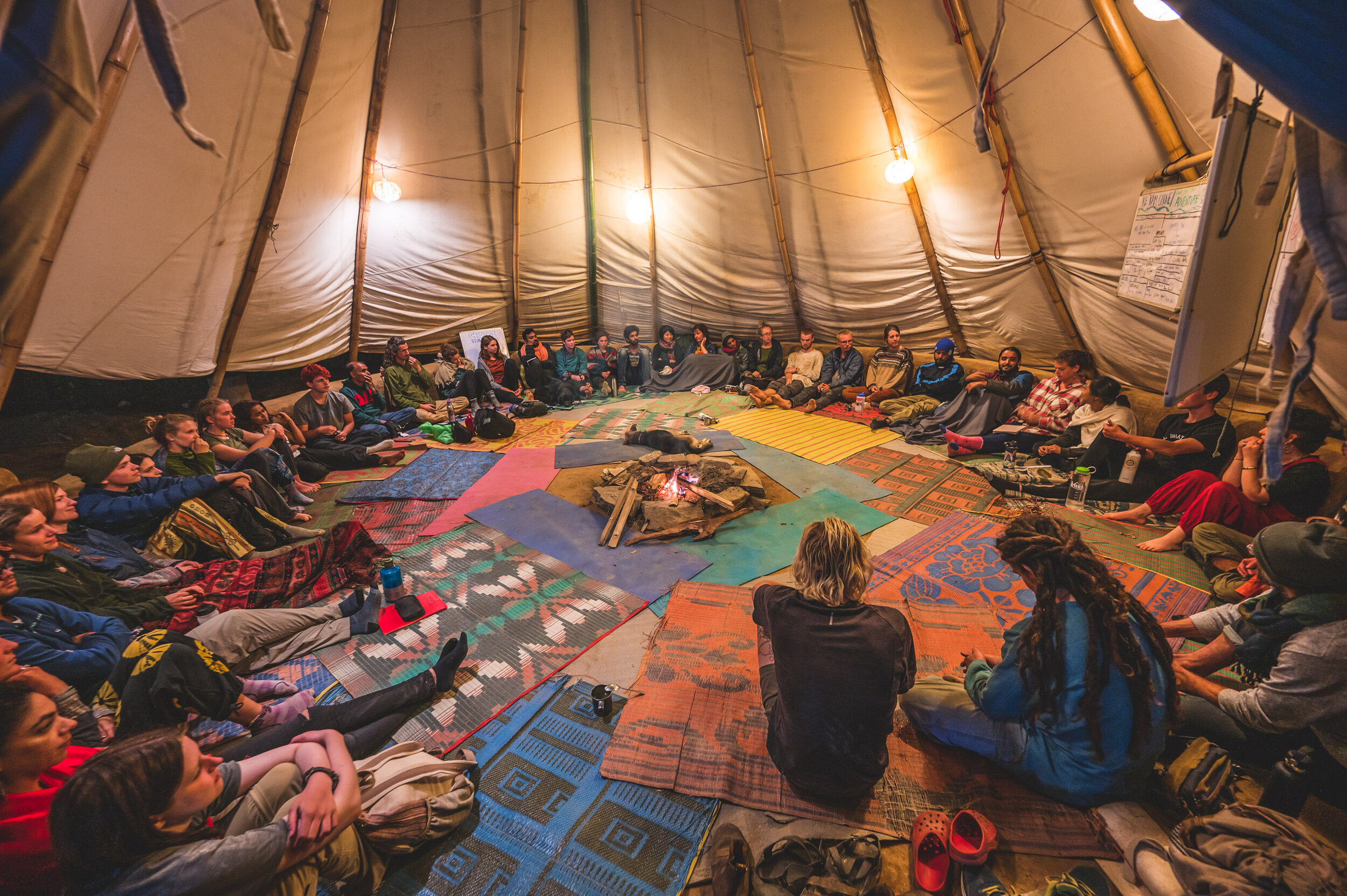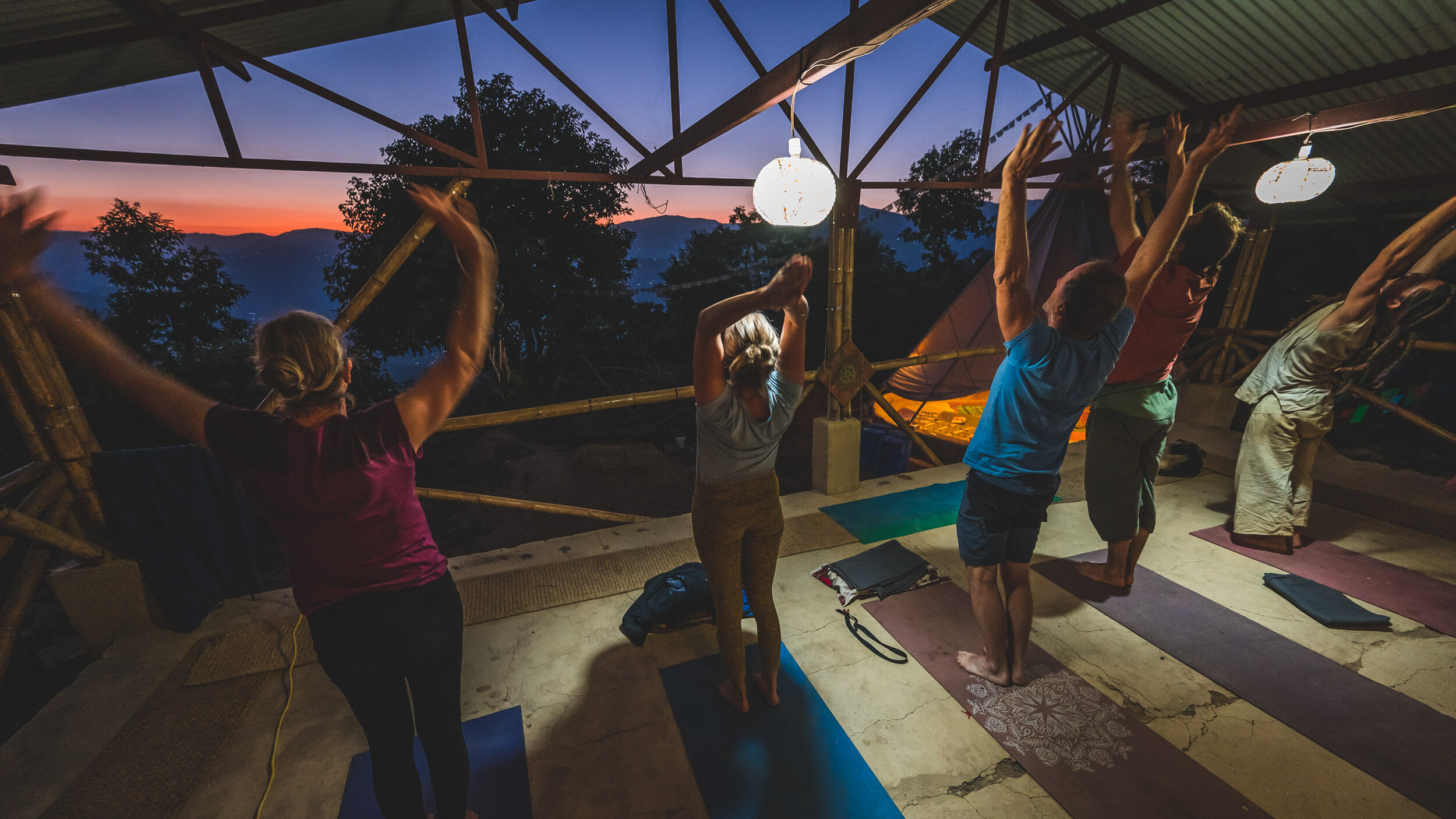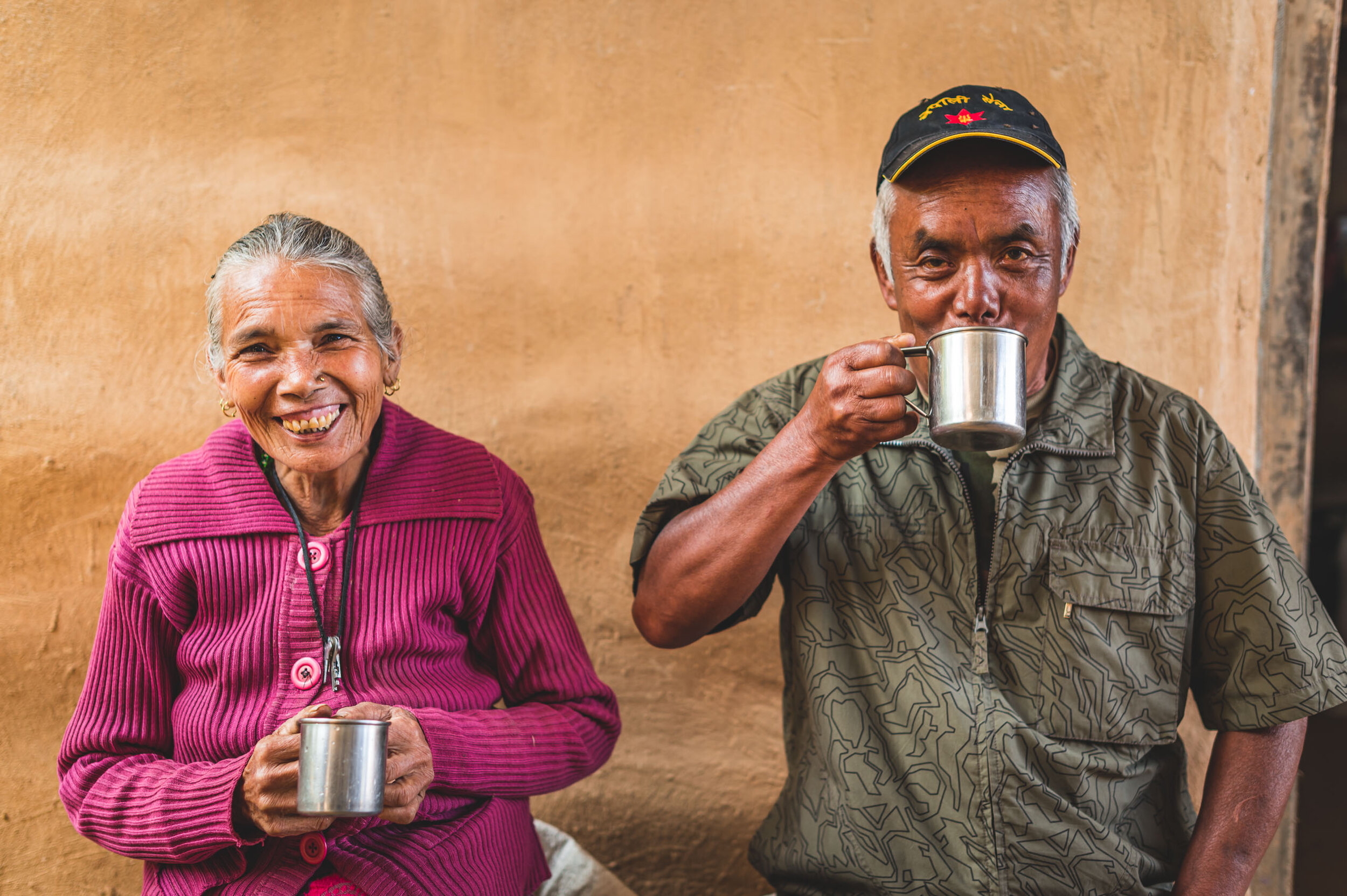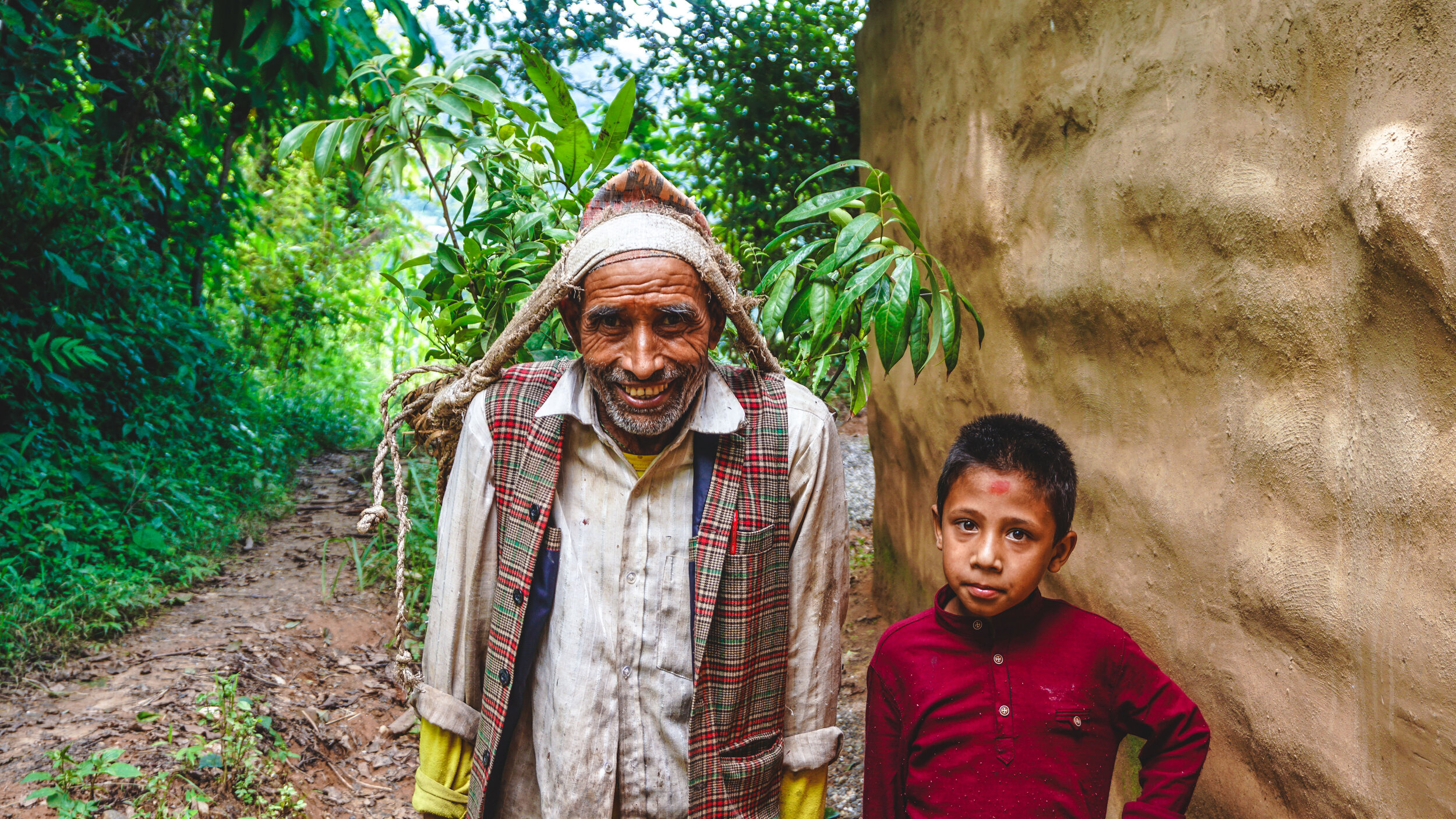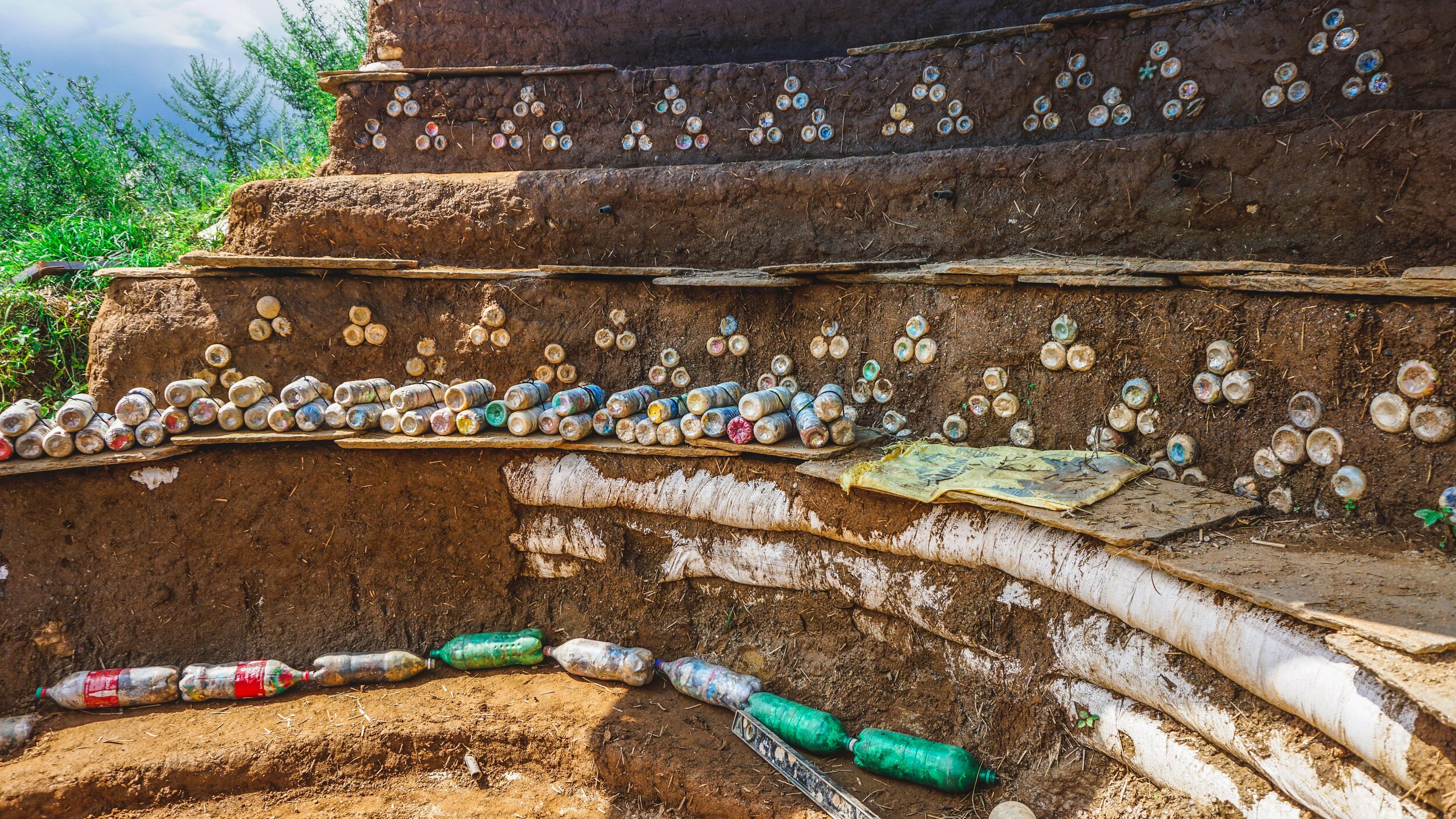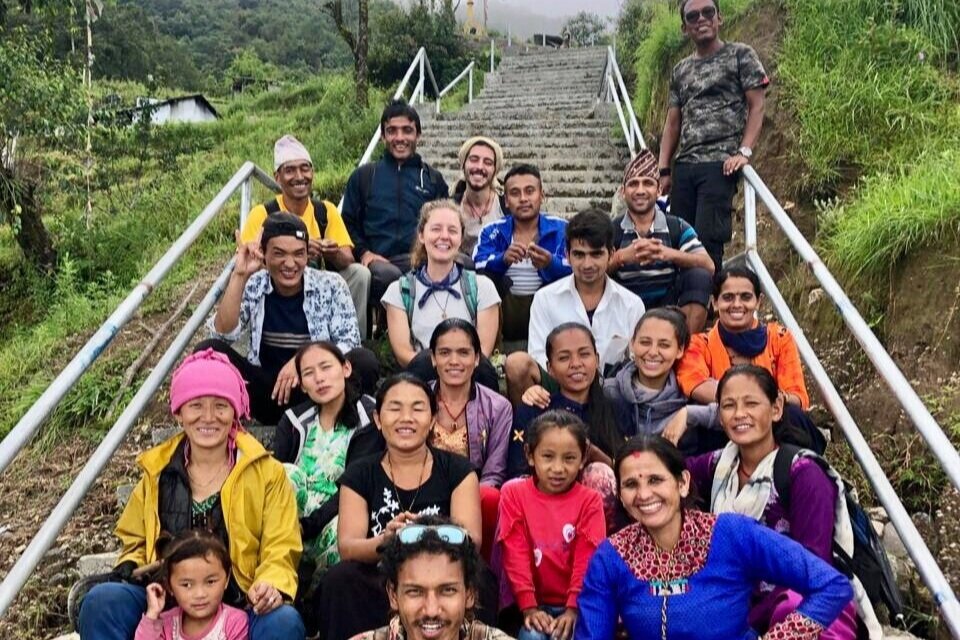2020 YEAR IN REVIEW
2020 was a year with a lot of challenges, difficulties, sadness and more. But it was also a year of strength, resilience, beauty, and hope. This blog is dedicated to sharing some of the best moments of 2020 for our organization.
#1.
COFFEE tasting & planting
Four years after planting coffee seeds in the community nursery, Takure farmers finally could taste their very own coffee. Harvest began after the COVID-19 lockdown, but our agriculture team got resourceful and learned some at-home roasting techniques so farmers could taste the "“fruits” of their hard work. It was a huge moment for farmers and for our team!
Pictured here is Goma Ama Kaphle (left) and Ambar Ranamagar, two very enthusiastic coffee growers. Goma Ama has planted 250 coffee trees in collaboration with Conscious Impact and Ambar has more than 150 coffee trees plus every other type of fruit tree we have distributed.
Look forward to these two’s coffee in years to come. Our team found hints of fig and caramel. 2020 was also our biggest year for planting coffee. In total our team planted 5400 coffee trees with more than 85 different farmers.
#2.
we completed the nest!
These beautiful, strong Nepali women helped us finish this amazing 8-room waddle and daub (bamboo woven and covered with cob - soil, sand and straw) building that will be offered to guests when they visit us. Although COVID-19 prevented more than 70% of our normal visitations, we are happy to have these earthen, rooms available when it is safe to travel and host again.
(From left to right: Ram Maya Ranamagar, Gyanu Tamang, Rabina Adhikari, and Rabina Ranamagar have worked on our natural building team for more than 4 years. They make earth bricks, know how to lay earth bags, and are the best earthen plasters we know.
#3. quarantined in rural nepal
Nepal went into nationwide lockdown in mid March 2020 to prevent the spread of COVID-19, it not only prevented visitors from joining our work but also kept 17 people from going on our March to the Mountains trip to Langtang National Park. While we didn’t get to go trekking, we used our quarantine time together in rural Nepal to work safely, have fun and ultimately find ways to support one another’s needs.
#4.
community forest planting day
In August 2020, we had our first ever community forest planting day. This is an activity we hope to continue each year with community forest user groups (CFUGs). Community Forest User Groups in Nepal are known for their unification and communal ownership of designated forested land with goals of supporting and benefiting both the managing community members and the forest itself.
We worked alongside two different community forest groups in August 2020. The Takure Community Forest Groups manages about 350 hectares of forested land beginning from the Takure Primary School and reaches to Dude and Bagawa communities. We planted 110 coffee trees under a perfect upper canopy spot in the forest below the Takure Primary School. Another six members from the Devi Taun Forest Group helped our team plant 150 Indian Gooseberry trees (known as Amala, a local medicinal tree) and 50 more native forest tree species.
#5.
BEAUTIFUL CLASSROOMS
Our Youth Program collaborated with Teach for Nepal fellows within Indrawati Gaunpalika to beautify classrooms by painting learning materials on walls and to also hold workshops with students. Two participating schools in Bhimtar and Bodgaun hosted volunteers for 3 days to paint and learn together.
The workshops conducted for secondary students included topics on gender discrimination and rights and STEAM design activities depending on each school’s request. We are super grateful for these participating schools and the leadership of Teach for Nepal within Nepal’s rural school system.
#6.
community homestay program
In collaboration with the local government, Indrawati Rural Municipality, we launched a Community Homestay Program. Visitors have the choice of different locations and stay durations during their time with us - it can include a 1-3 hour hike with lovely mountain views and most certainly includes delicious food and Nepali hospitality. The homestay experience allows families to showcase different aspects of their daily life and culture for visitors, creating a truly home-like experience.
Look forward to staying with local families your next visit to Nepal.
#7.
50 year old pizza
Throughout 2020, our oven baked a much smaller amount of pizza than normal since COVID-19 restrictions kept entering tourists from visiting Nepal, but the pizza we did bake included crust made from a 50 year old sourdough starter which traversed the globe thanks to our one and only Allen Gula.
We are always grateful for the simplicity of flour, yeast, water, and oil.
#8.
1000+ fruit trees
As most people know, we love planting trees and have planted our fair share of coffee trees. But we also plant many other types of fruit trees with local farmers. As coffee has preferential growing climate and terrain, not all local farmers have the ability to cultivate coffee successfully, especially those with north, Himalayan-facing land where the winter season temperatures gets quite cold. For these areas, we support the planting of all kinds stone fruit and nut trees including almonds, macadamia, walnut, low-chill apple, local plum and peach, timmur (relative of sichuan pepper), Japanese persimmon, pear and apricot.
1000 more fruit trees were planted in the communities surrounding Takure this past year. We look forward to many more years of planting fruit and nut trees and eating the future harvests with farmers.
#9.
OUR dome home
In August 2020, our beloved friend and employee, Umesh Bohara (also known as Joshua), moved into the Dome making it an official home! The Dome was built during our first ever 10 day superadobe training in November of 2019 and in 2020 we plastered, painted, and furnished it!
We look forward to more Domes at camp and more long-term, sustainable housing for short-term visitors and long-term staff.
#10.
student story writers
We collaborated with an amazing Nepali organization called Canopy Nepal to teach 20 secondary students how to write stories. Canopy Nepal facilitators led students through workshops on different parts of a story, adjectives and descriptive language and how to embrace their imagination! It was a wonderful workshop and local teachers reported to our Youth Team that afterwards many students continued to show their stories.
We hope to continue supporting local students in finding their voice and creative expression!
#11.
new rainwater catchment ponds
We partnered with 4 farmers last year to create rainwater catchment ponds for irrigating fruit trees and vegetables. This amazing technology was introduced to us in 2019 by Shree Krishna Dhital of Sanskriti Farms & Research Center. The training back in 2019 included 30 farmers eager to learn ways of irrigating their land for the 6+ month winter dry season in Nepal. Our volunteers and local staff joined the families of Muktinath Bhattarai, Damadar Khanal, Harkha Bahadur Tamang, and Madaph Koriala dig various pond sizes (16,000 liters, 18,000 liters and even 50,000 liters capacity). Then Conscious Impact supplied 70% of the plastic material cost to increase accessibility of this solution and helped each farmer install the plastic properly to ensure longevity.
Here Madaph and Sarita Koirala stand with their youngest son and their monsoon filled pond, excited to put it to use during the dry winter. Sanskriti Farms & Research Center also supplied us with water hyacinth to help farmers keep the pond water clean and cover the surface area to deter mosquito growth.
#12.
camp basketball court
During the COVID-19 nationwide lockdown, our “quarantine” team stayed busy with work and play! Our first ever basketball and volleyball courts were made by the one and only John Paula from northern California. Throughout April and May 2020, we played sports alongside community members also stuck in Takure during the lockdown. There was a lot of sun and sweat and good times!
Watch out for the Conscious Impact Sports Team soon!
#13.
first time blood donors
In November 2020, the local government Indrawati Rural Municipality held a blood donation drive to help meet the nation’s blood demands given COVID-19’s strain on the healthcare system. Many of our local staff members had never given blood before, so we ended the work day early and went together to all donate our blood. Our first time donors were surprised by the ease and painless experience of donating their blood, and we were all delighted by the post-donation snack made by the local bakery.
#14.
700+ plastic waste “bottle bricks”
Rural Nepal does not have waste management infrastructure so we are always looking for ways to get creative with waste, especially plastic waste. Back in 2017 thanks to our friend, volunteer and donor, Anne Goodman, we began taking our plastic waste produced at camp and stuffing it into plastic bottles. The plastic trash is stuffed such that the plastic bottle becomes hard like, similar to a glass bottle. We’ve used these bottles in benches and walls around camp and last year in the community.
The Community Bus Stop and Gathering Space was designed by extraordinary architect and our dear friend, Belkis Campos. This space holds more than 700 plastic bottles stuffed full of plastic waste picked up from around the village and stuffed by 25 short-term employed, local women.
#15. mu
shrooms for the school
Takure Primary School grew and sold their first oyster mushrooms in the pilot School-Based Mushroom Cultivation Project. This project was inspired by the school’s need for additional funds for a snack program which would feed primary students a snack mid-school day. In order to help the school raise independent revenue, the school-based mushroom program began. This was our first try and it hasn’t been easy with COVID-19 closures to the schools but the local teachers are very excited to continue the program.
#16.
coffee fruits (cherries)
Local farmers harvested coffee cherries from February to May 2020. This was the first harvest since planting coffee with us in 2017. Over the past 5 years, we have planted more than 15,000 coffee trees and it was an incredible joy to finally see the fruits of that labor. Takure coffee cherries are an exciting sign for farmers’ future income generation, plus we the taste!
In 2020, we processed 200 kilograms of coffee red cherry (~ 400 pounds). Each 1 kilogram of red cherry picked by farmers is bought by the local coffee cooperative group at 100 Nepali rupees per kilogram (~ 0.86 USD/kg). As it was the first year for harvest, the total amount of fruit was low, however in the next 2-3 years we expect for many more kilograms and rupees of coffee to be picked and earned.
#17.
more bricks moved!
The local Compressed Stabilized Earth Brick Production Team is still making earth blocks and distributing them to anyone interested in the region! We subsidize the cost of production so that these sustainable, locally produced materials can be accessible for local families, organizations, and institutions to use in construction, reducing the environmental costs of construction in our little corner of Nepal.
Here our team delivers another truckload of bricks to the Janaki Thapa Foundation Center. The Janaki Thapa Foundation is dedicated to social work in Badigaun, Sindhupalchok where they support the community with a children’s home, a private school, health workshops, and more. We are always grateful for the support of Janaki didi and her entire family of positive change-makers.
#18.
bird watching
Living in close proximity to nature, each year we have gotten to know the local birds (and other wildlife too)! This year thanks to photographer Jonathan H. Lee, we have documentation of our local bird friends, some rarer than others. Here is one of our favorites, the Verditer Flycatcher showing its beautiful feather structure (color) and that black eye shadow. Read more about its original appearance here.
#19.
hand woven goods
Corn husk mats are very common in local Nepali homes and this past year we partnered with local women to try and find market opportunities in Kathmandu. These mats, called “chakati” in Nepali, are great for seating, wall decor and even place mats. A group of local Tamang women made 25 beautiful chakati’s, different sizes and shapes and decor style, some even including plastic trash. We are still searching for greater market options this year and look forward to our visitors and guests being able to buy these.
#20.
staff hike day to katikke
Over monsoon season, our staff team took a day hike to the nearby village of Katikke where there is a beautiful homestay and apple and kiwi fruit farm, Biloba Organic Farm. This day gave local staff time away from their usual jobs to connect, learn and be together as a team. We played team building exercises, ate delicious high mountain potatoes with timmur archaar (a salsa-like dish made from a relative of Sichuan pepper), and then toured around the fruit farm to see the beautiful kiwi, apple and other fruit trees.
It was a fun and inspiring day for our team and we are grateful to our very generous hosts, Katikke Biloba team.
We are super grateful to all of our donors and supporters for sticking with us through one of our hardest years yet and continuing to believe in the work we are doing. We are grateful to our local staff team for making the best of 2020. Looking forward to many more years together!
Photography by Jonathan H. Lee of SubtleDream, Ankit Tanu, and Joshua Umesh Bohara.


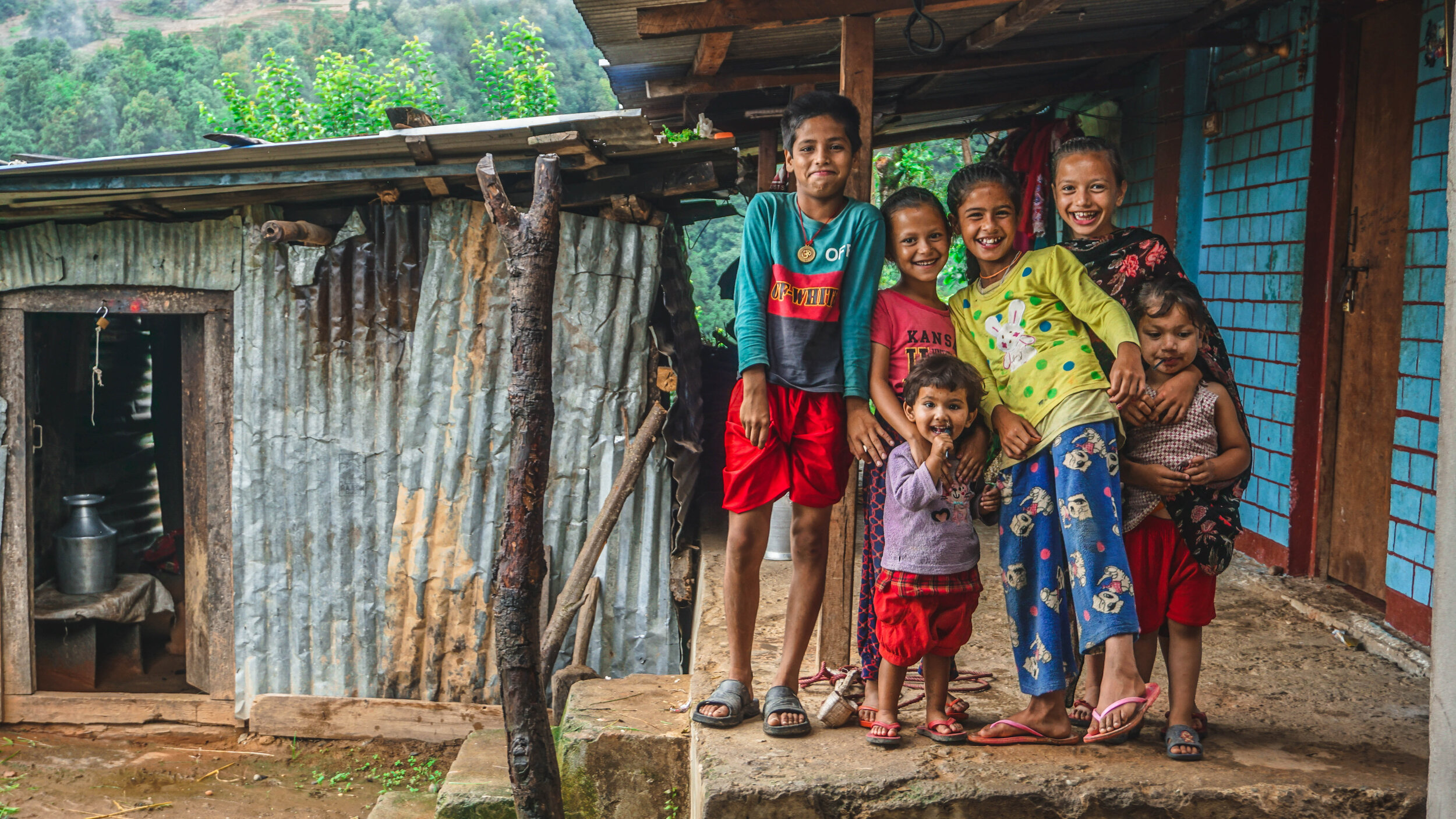
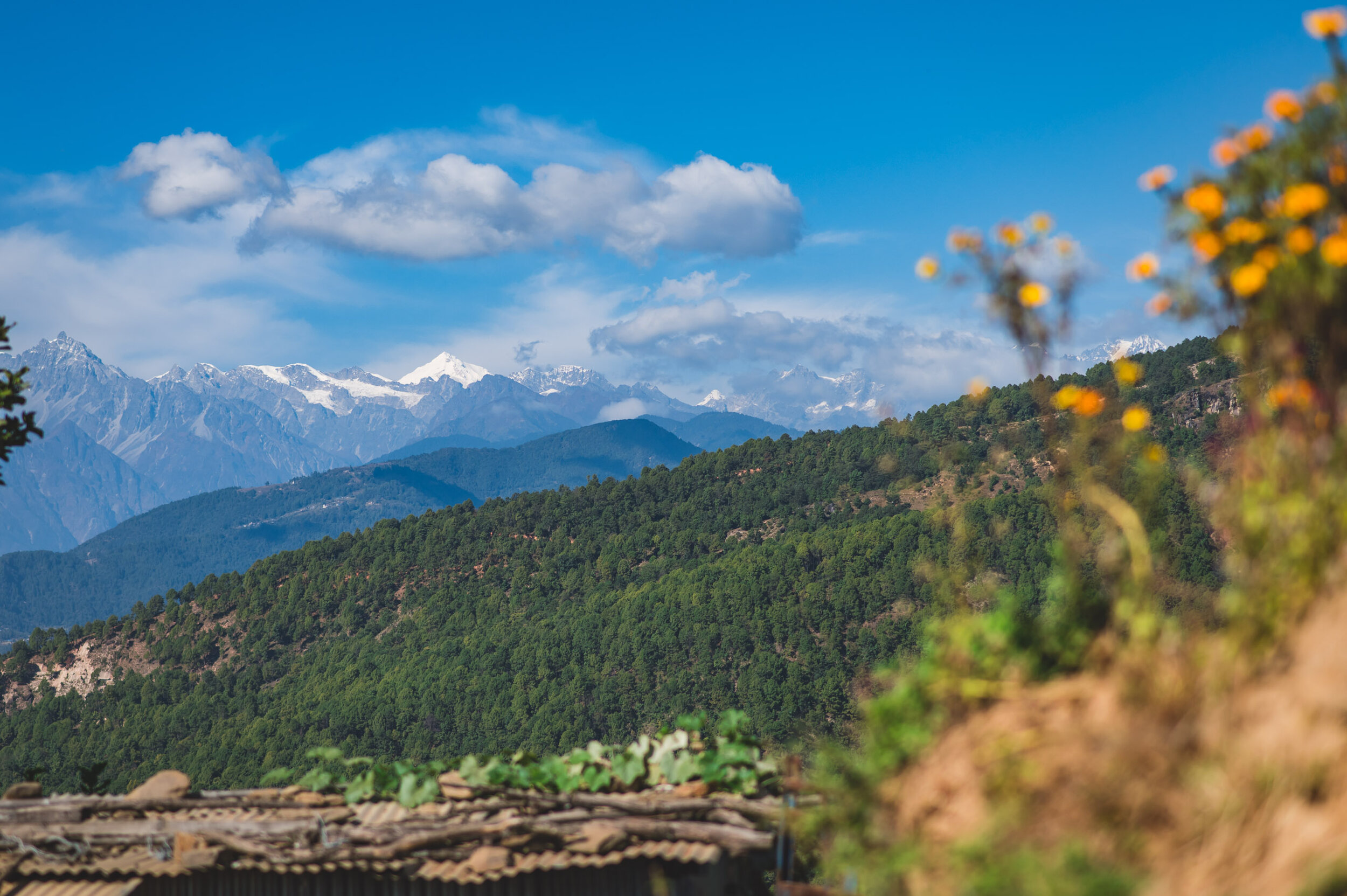
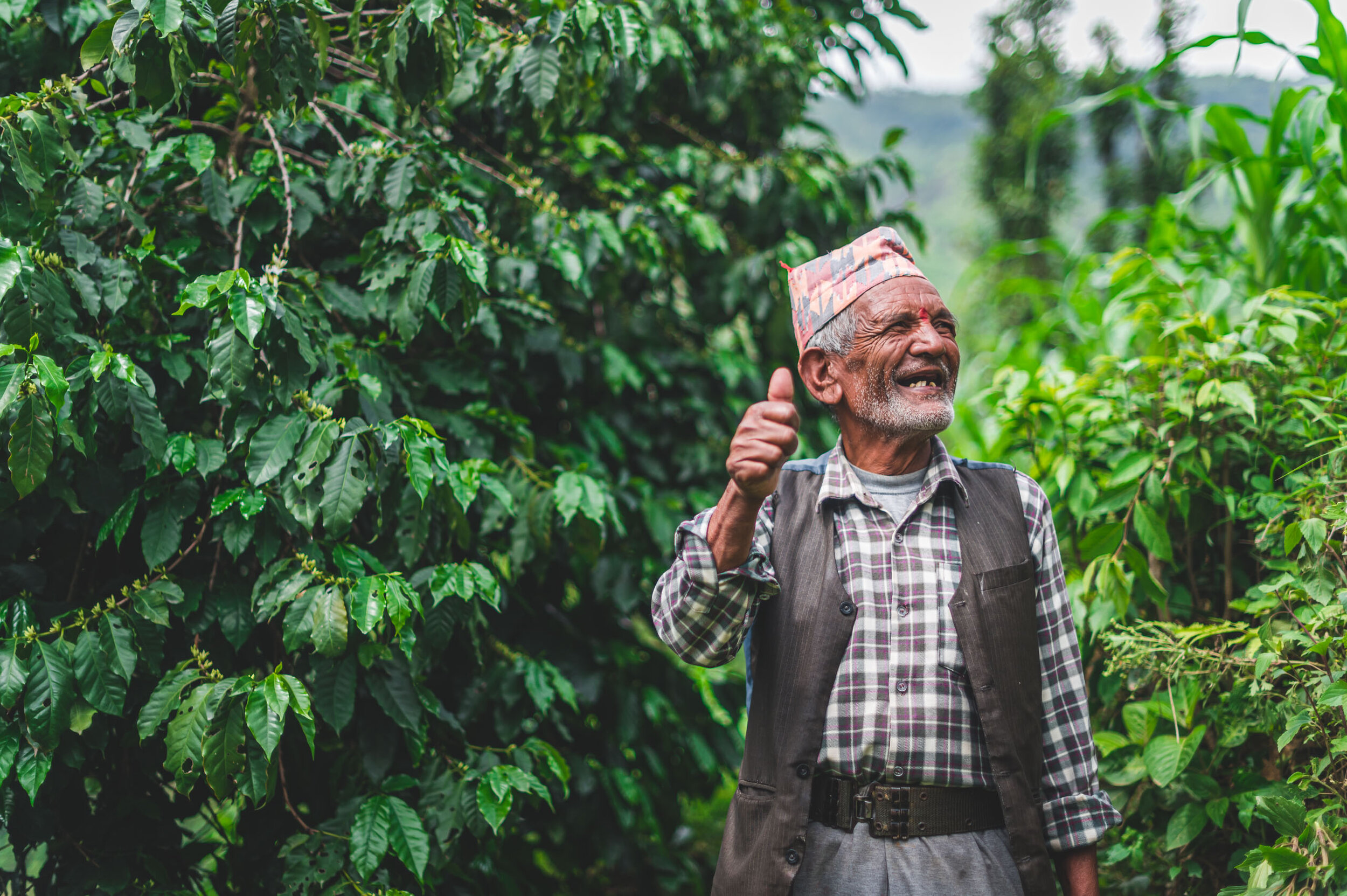
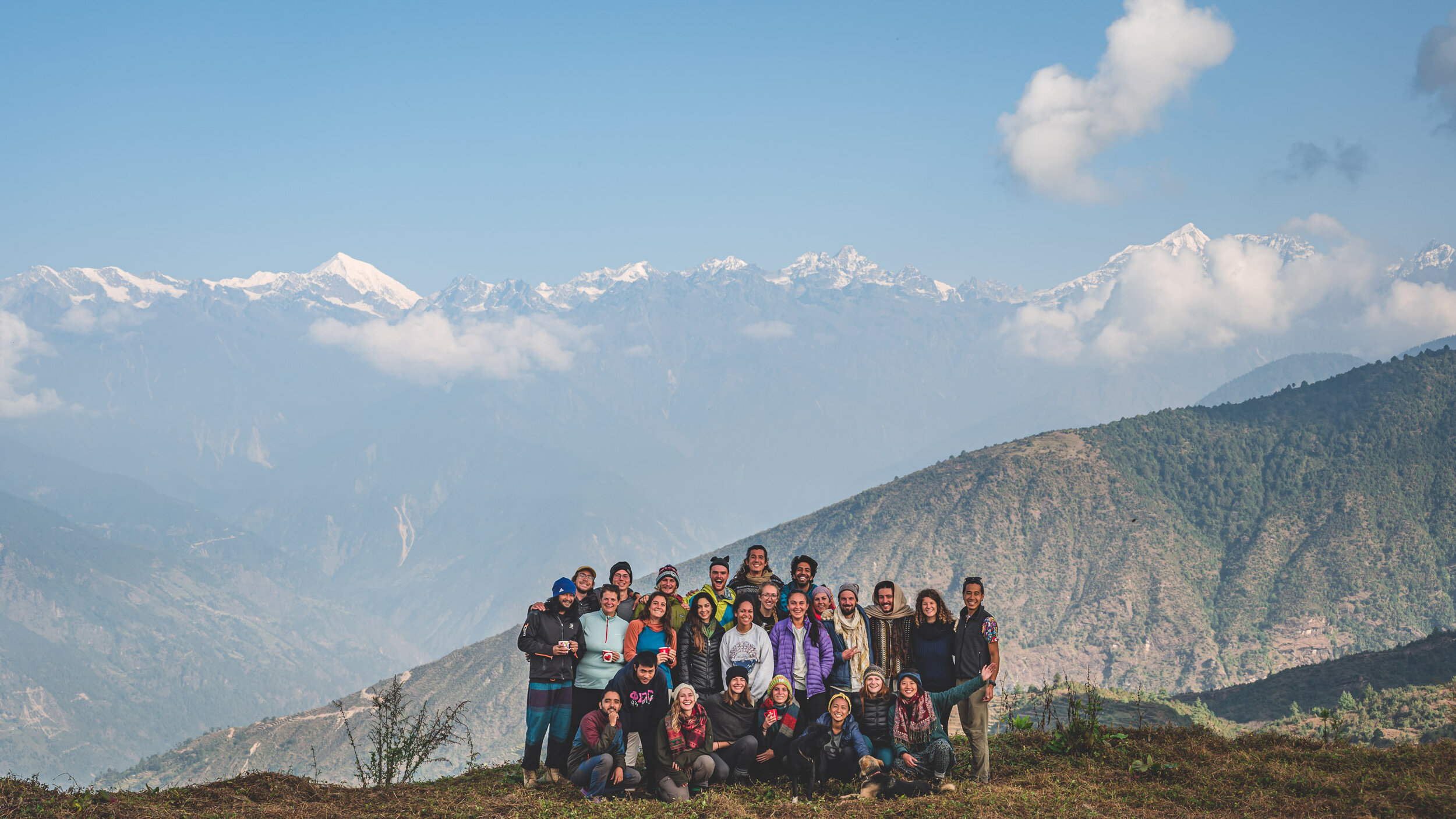
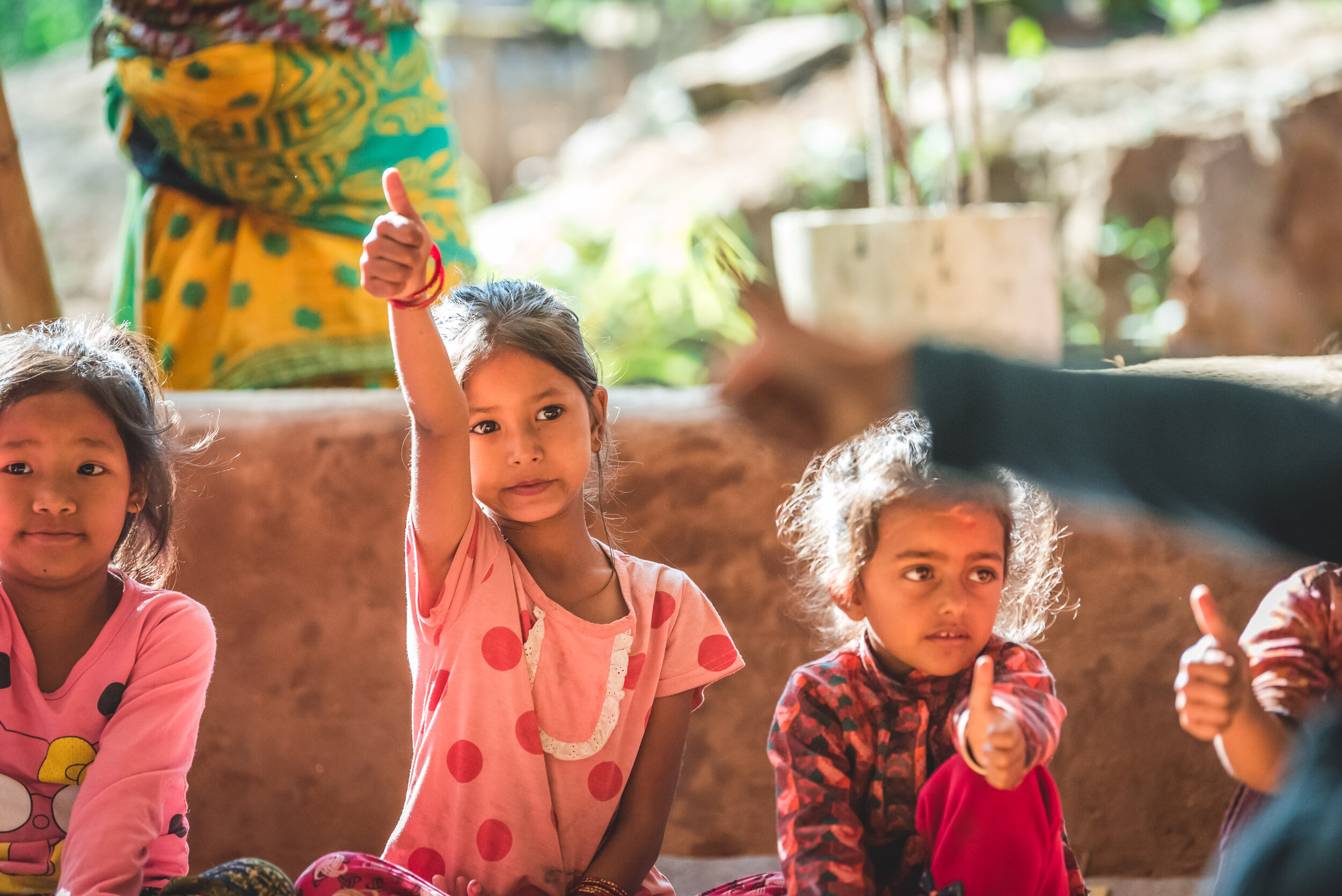
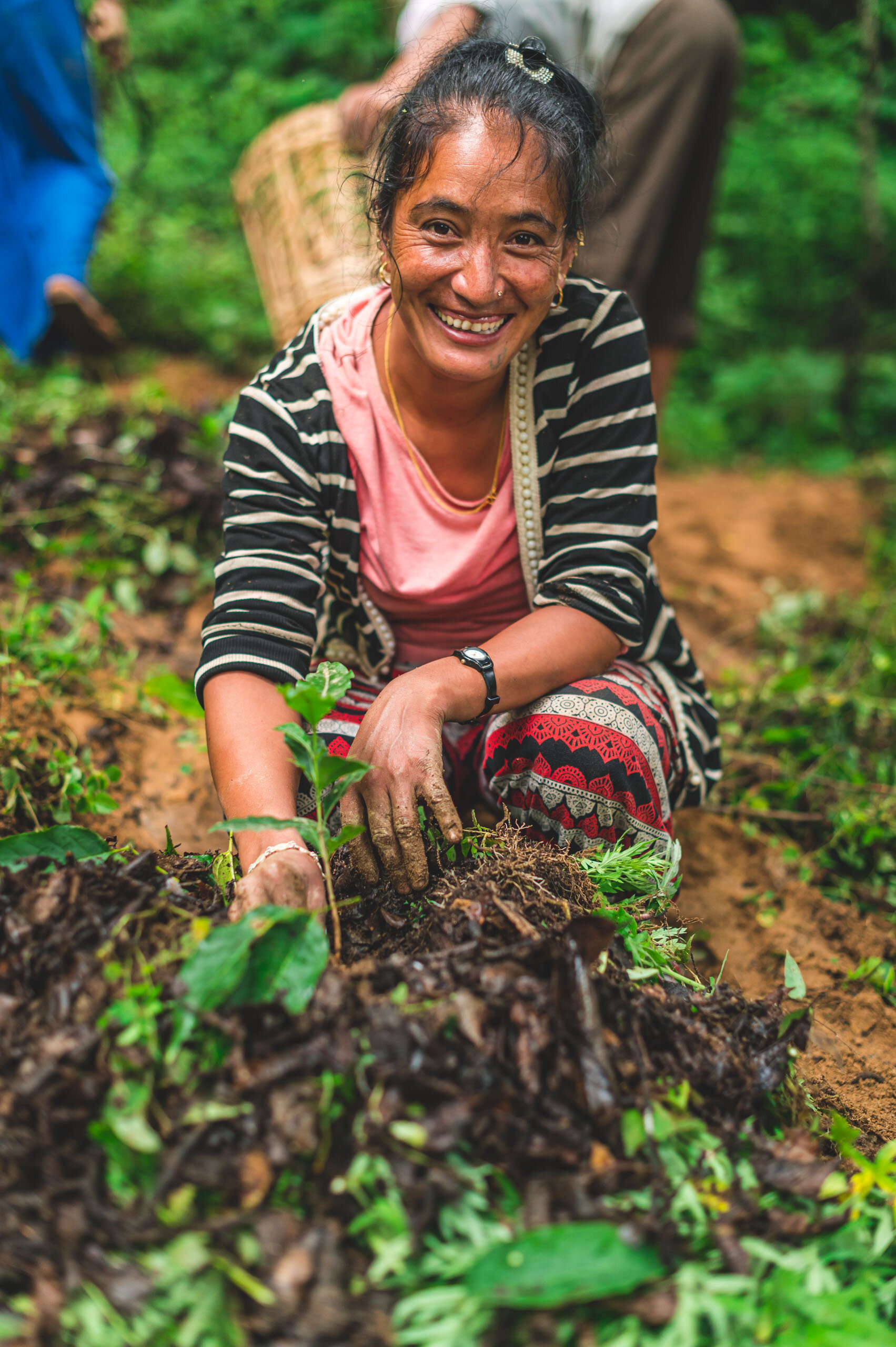
![CI_Season2_Dec31-Mar14_[web]-361.jpg](https://images.squarespace-cdn.com/content/v1/5797b9f7d1758e16806f3d41/1611032781316-357QR501P5MBK3B6YTR8/CI_Season2_Dec31-Mar14_%5Bweb%5D-361.jpg)
